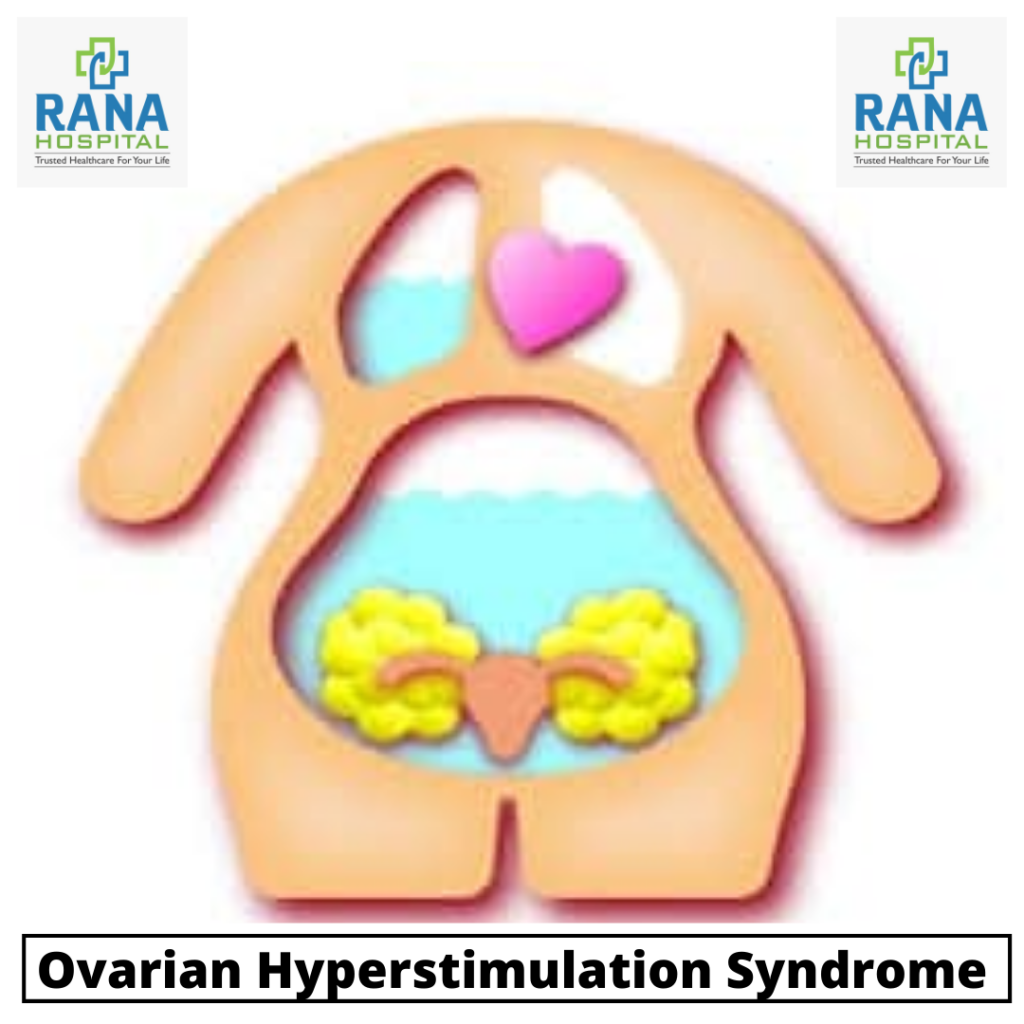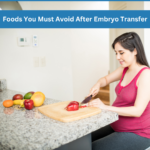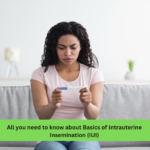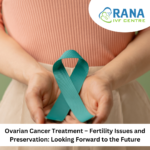Ovarian Hyperstimulation Syndrome
Ovarian Hyperstimulation Syndrome is a possible consequence of in vitro fertilisation in which the ovaries enlarge and fluid spills into the body. This sort of ovaries disorder develops more likely in the women with polycystic ovarian syndrome who are undergoing reproductive treatments. It’s an iatrogenic and potentially life-threatening illness.
Causes of OHSS

• Swelling in the abdomen.
• Pain.
• Nausea and Vomiting.
• Excessive thirst.
• Trouble in breathing
• Reduced Urination in extreme cases.
Severity of OHSS:
In severe OHSS case, you may experience symptoms such as:
• Excessive weight gain.
• Severe nausea and vomiting.
• Severe abdominal swelling.
• Difficulty breathing.
• Blood clots.
• Decreased urination.
• Kidney failure.
• Severe abdominal pain.
• Inability to swallow fluids.
Your doctor might recommend you for hospitalisation to put you under intense monitoring and treatment. Lower doses of gonadotropins, leuprolide (vs. hCG) to promote ovulation, and cabergoline can all help to lessen the risk of OHSS.
Management and Treatment of OHSS
Reduced activity, consuming electrolyte-rich fluids, emptying fluid that builds in the abdomen, nausea and pain medication, careful monitoring, and regular medical visits are all common ways to manage OHSS. Several tests are used to diagnose OHSS. These tests may involve the following Physical exam to determine your weight and waist circumference to find symptoms of swelling, Ultrasound & chest x-ray to examine the fluid, blood test to measure hormone levels that indicates towards OHSS.
OHSS cases that are severe often necessitate hospitalisation and treatment options for severe OHSS include:
• Changing the dosage of your fertility medicine.
• Fluids are administered intravenously (straight into a vein).
• Freezing your embryos and delaying their transfer till your ovaries are back to normal is a good idea.
• Having a paracentesis (a procedure to remove fluid from the belly).
• Taking medications to alleviate discomfort or diminish ovarian activity.
If you’re receiving any fertility treatments and experiencing OHSS symptoms, then you must consult your doctor. The length of time it takes to recover from OHSS varies depending on the severity of the ailment and your doctor will let you know when you can resume your normal activities.





No Comments